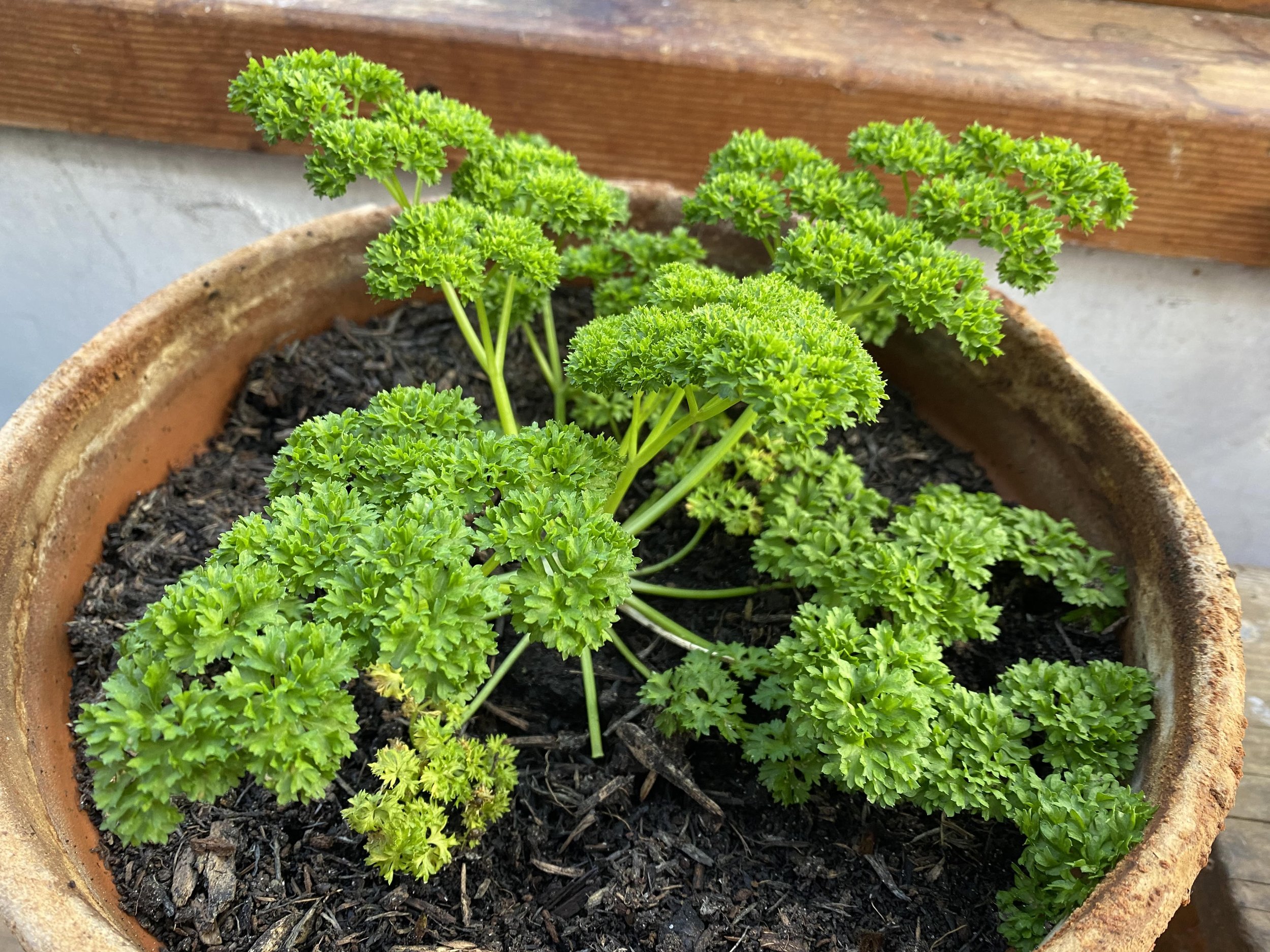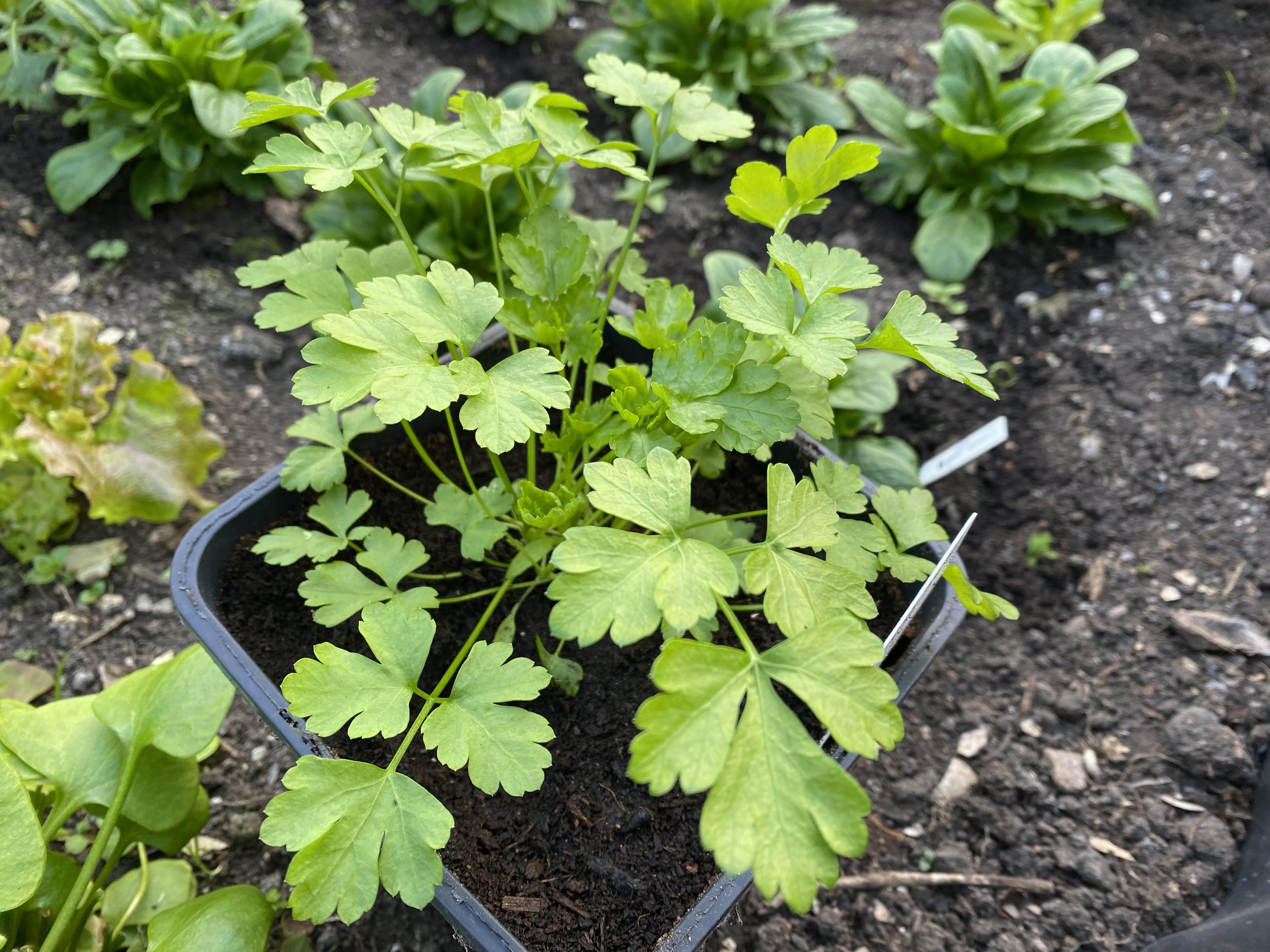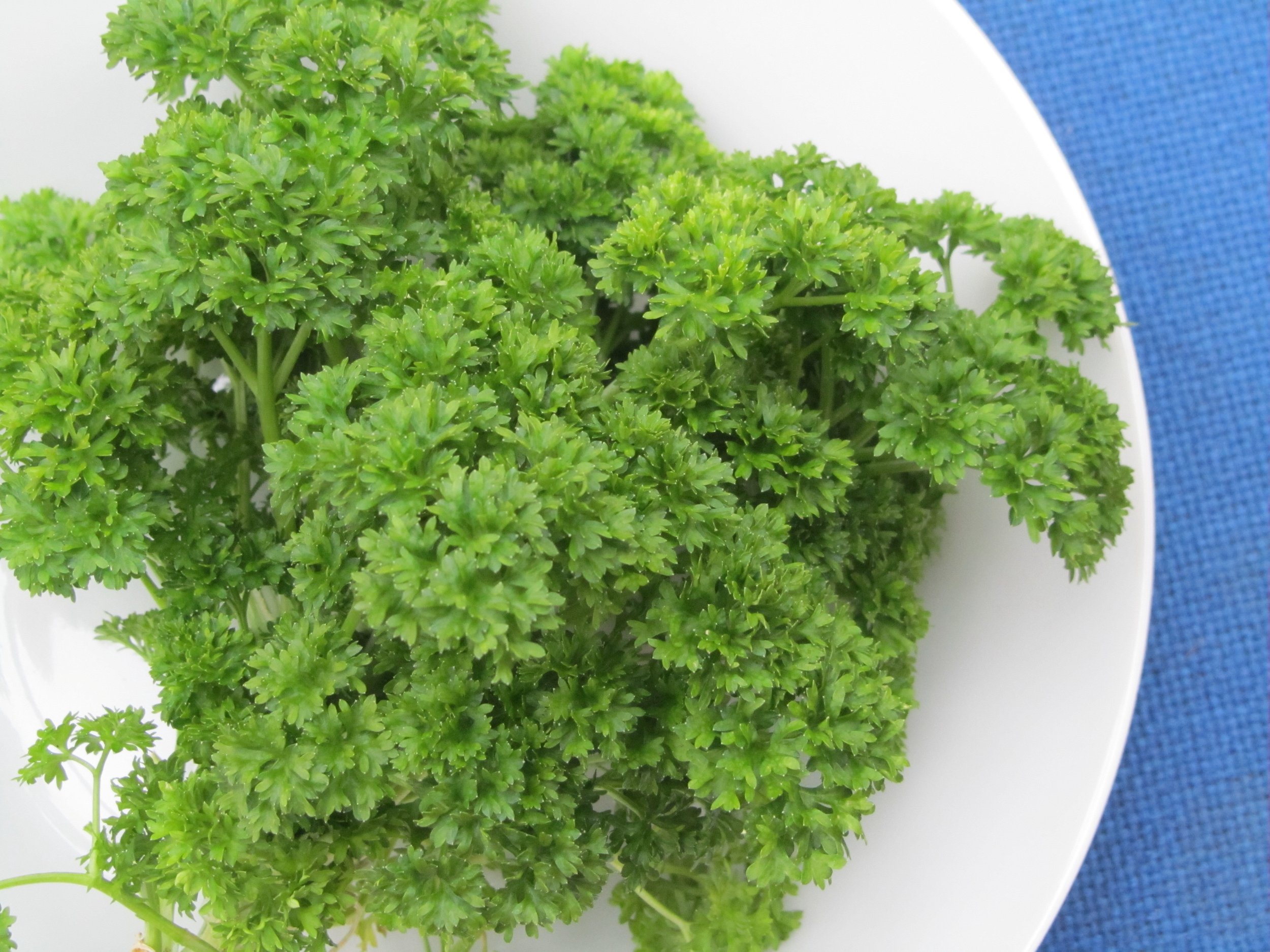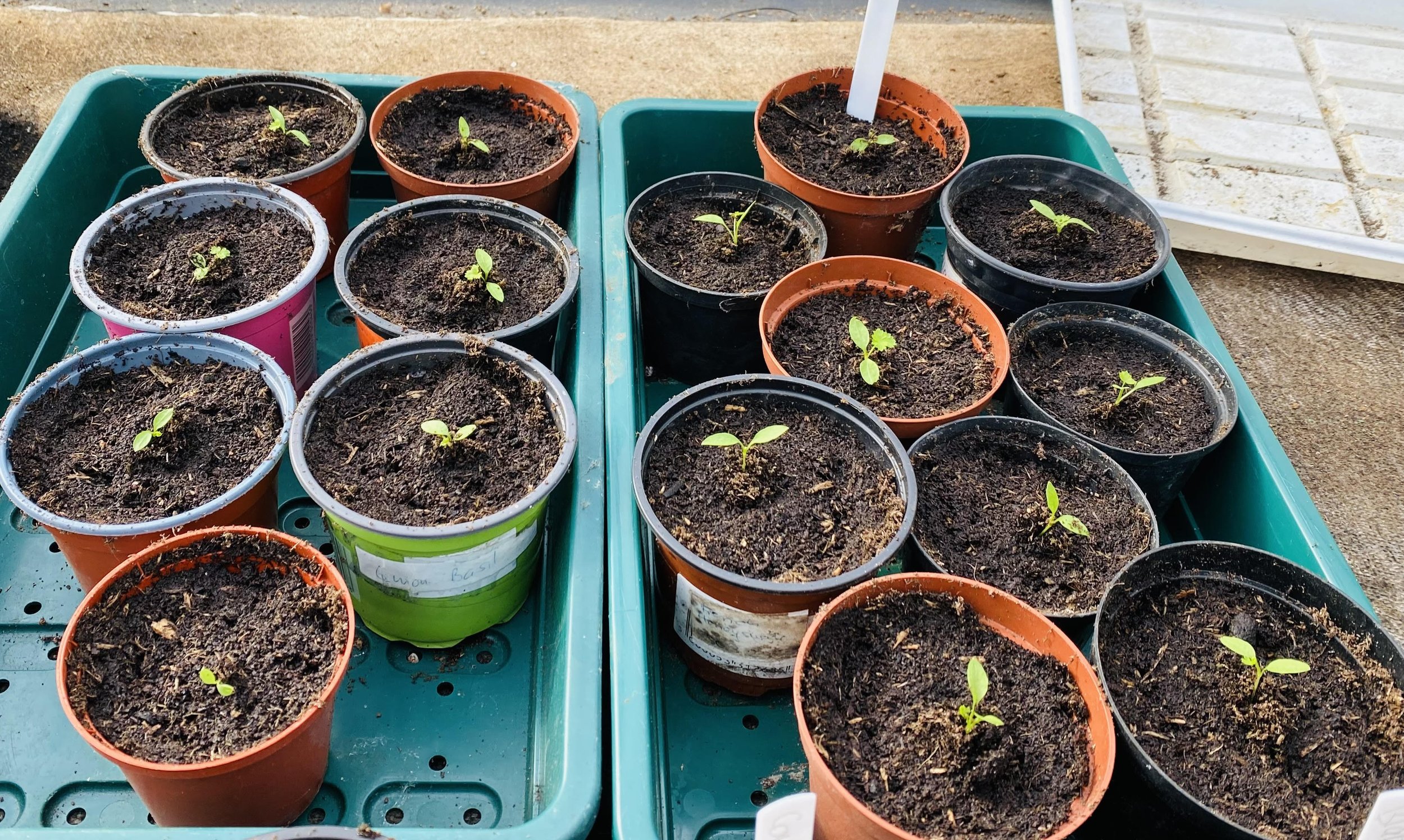Parsley 2 - health benefits and medicinal uses
The herb has a long history as a medicinal plant, but it also poses some risks.
Parsley (Petroselinum crispum) originates from the Mediterranean region and is best known as an aromatic culinary herb, which is available all year round either potted or as a freshly harvested.
For medicinal uses, traditionally, the ingredients were used for dehydration, i.e. as a diuretic, to cleanse the bladder and kidneys, and to combat high blood pressure. It is rich in vitamin C, B vitamins, vitamin A and antioxidants such as lutein and apigenin. It also provides important minerals such as potassium, calcium, magnesium and iron and contains folic acid.
Health benefits
Parsley promotes digestion, has an antibacterial, diuretic and dehydrating effect. It can reduce addictive cravings in smokers and has a mood-enhancing effect. Parsley helps with menstrual problems and is also helpful with bad breath. To make the most of its ingredients, parsley should be consumed raw. The stems are also edible and high in nutritional value. In the kitchen, you add parsley to cooked dishes shortly before serving, so it tastes fresh and develops its aroma best.
In folk medicine it is valued for its blood-forming and cell-protecting properties. It detoxifies the organism and protects against free radicals.
Latest Research
Research shows that consuming the annual leaves and stems have a health-promoting effect. The apigenin it contains seems to have an antioxidant and anti-inflammatory effect and supports other antioxidants in their tasks . Moroccan scientists investigated the effects of parsley on heart disease and described that consumption of the herb significantly reduces the clumping of blood platelets and thus reduces the possible risk of stroke and heart attack. The scientists explained that eating parsley could be a good prevention against cardiovascular diseases . Further research highlights a drastic reduction in blood sugar levels and suggests positive effects on type 2 diabetes.
Parsley oil and Apiol
You may have noticed that overwintered parsley going to seed does not taste as nice. It should alert you not to eat it anymore due to the higher levels of apiol.
The reason being that in the second year parsley begins to form 30 cm to 70 cm high flower stalks that produce green-yellow flowers in which seeds ripen. They contain parsley oil, which partly consists of dangerous apiol, a secondary plant substance that should under no circumstances be consumed. The apiol value is already increased during flowering, and after flowering the value in the leaves, stem and root also increases. If taken in too high a dose, Apiol can stimulate muscle contraction and therefore pregnant women should therefore avoid taking parsley remedies.
To avoid the risk of overdosing on apiol , parsley should be sown anew every year and completely harvested until the end of the season.
Some Recipes
Heart wine after Hildegard of Bingen
The parsley potion is an old remedy from monastery medicine according to Hildegard von Bingen (1098-1179) and is considered a universal strengthening remedy for the heart.
Of course, parsley wine is not a substitute for modern heart medication. In this case, you should consult your family doctor.
Ingredients: 5 stalks of parsley 500 ml wine 1 tbsp wine vinegar approx. 75 g honey
Preparation: Chop the parsley and put it in a pot with the vinegar and wine. Simmer mixture for about 5 minutes. Remove from heat and add honey . Put the lid on and let it steep for around 20 minutes. Heat the potion again and pour it into a bottle through a sieve and funnel. Store in the refrigerator.
Application: Drink 1-3 tablespoons of slightly warmed wine per day. Do not take for longer than three weeks.
Parsley tea
has diuretic and blood purifying properties and acts as a digestive and lifts the mood.
Ingredients: 1 stalk of parsley 250 ml boiling water
Preparation: poor hot water just off the boil over the parsley and let it steep for about 4-6 minutes.
Application:
1 cup daily for 2 weeks
Beauty lotion
Ingredients and preparation: like parsley tea
Application: Externally, if your eyes are tired, soak cotton pads in warm tea, squeeze them out lightly and leave them on for a few minutes
For radiant skin, spray the beauty water on the skin or rinse with tea after washing your hair.





